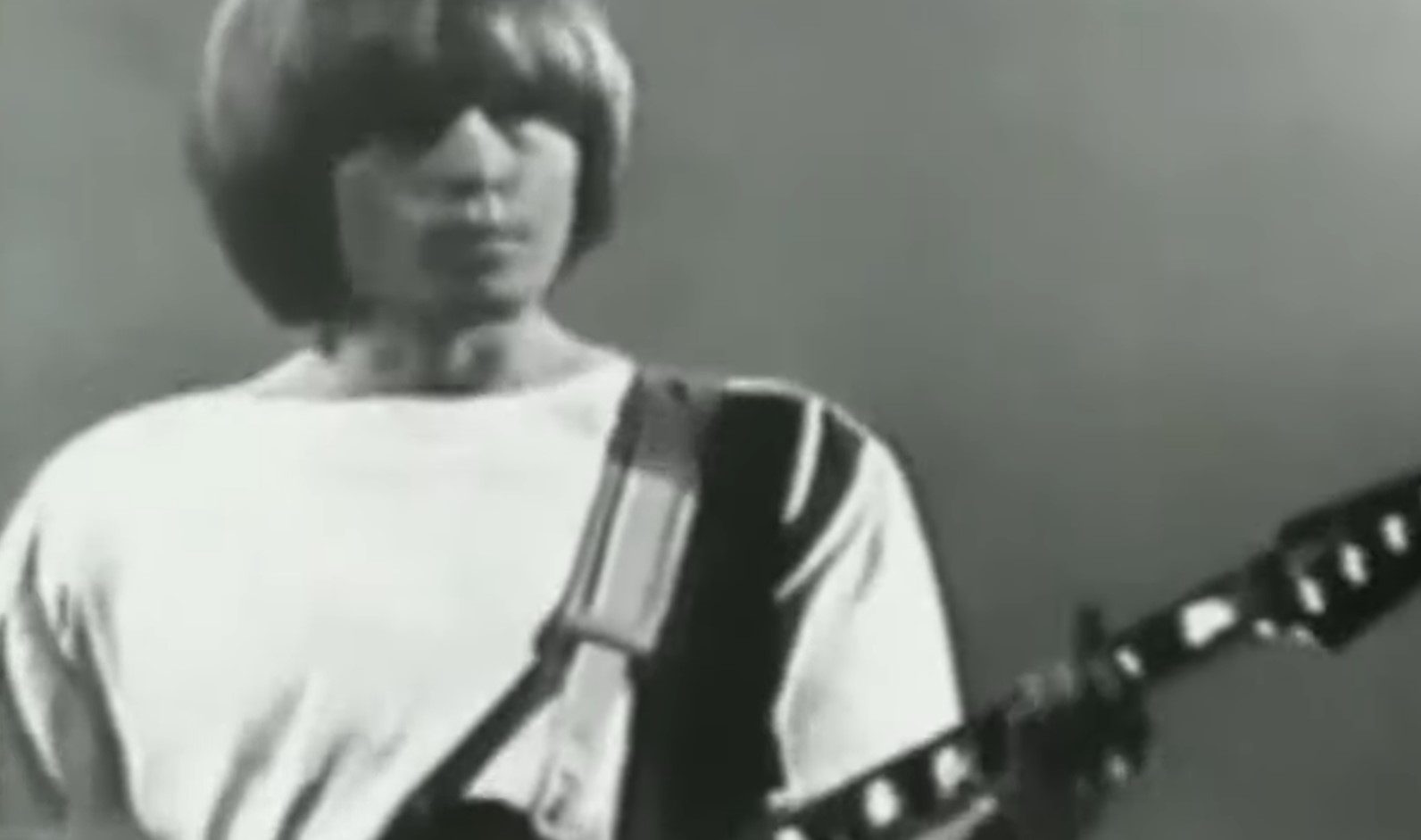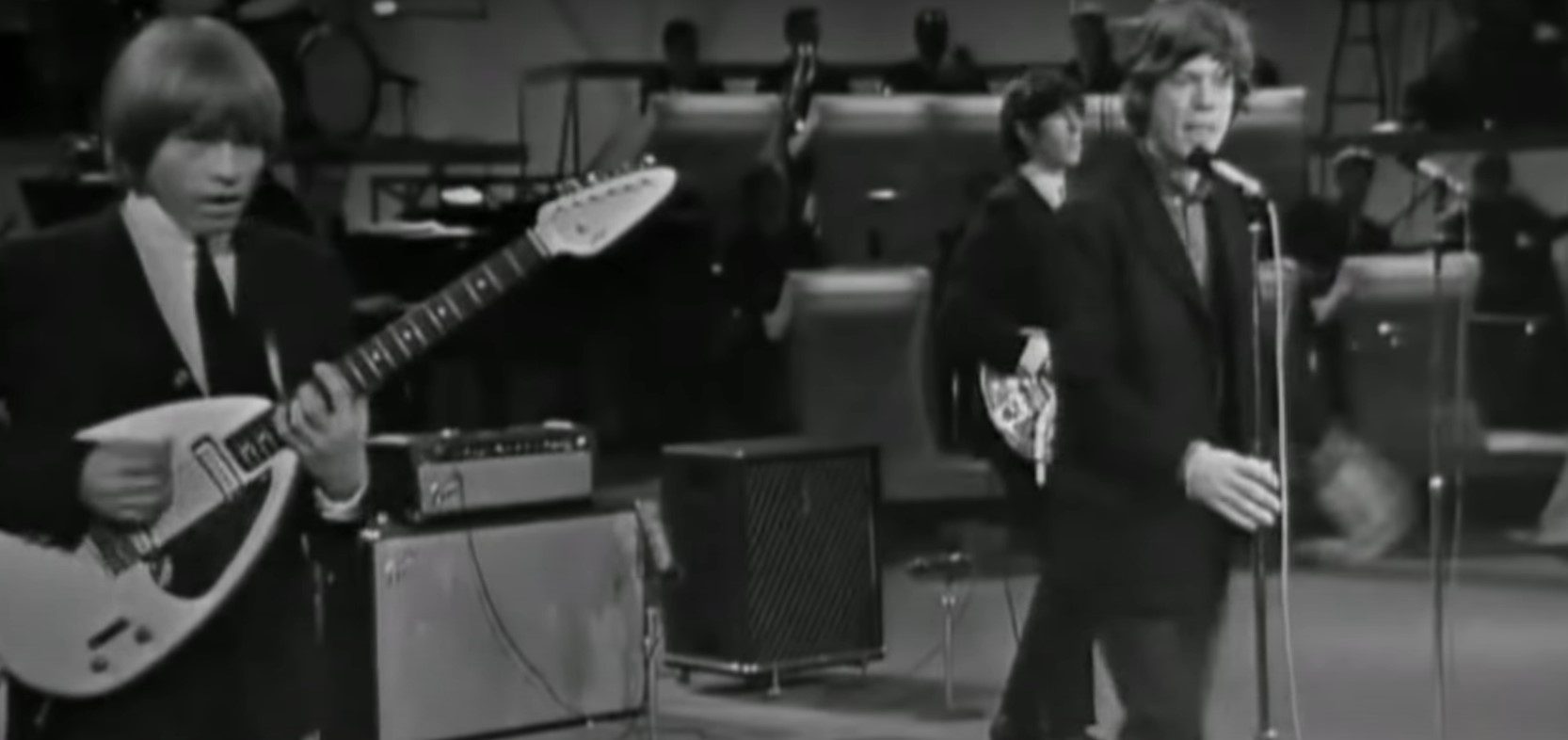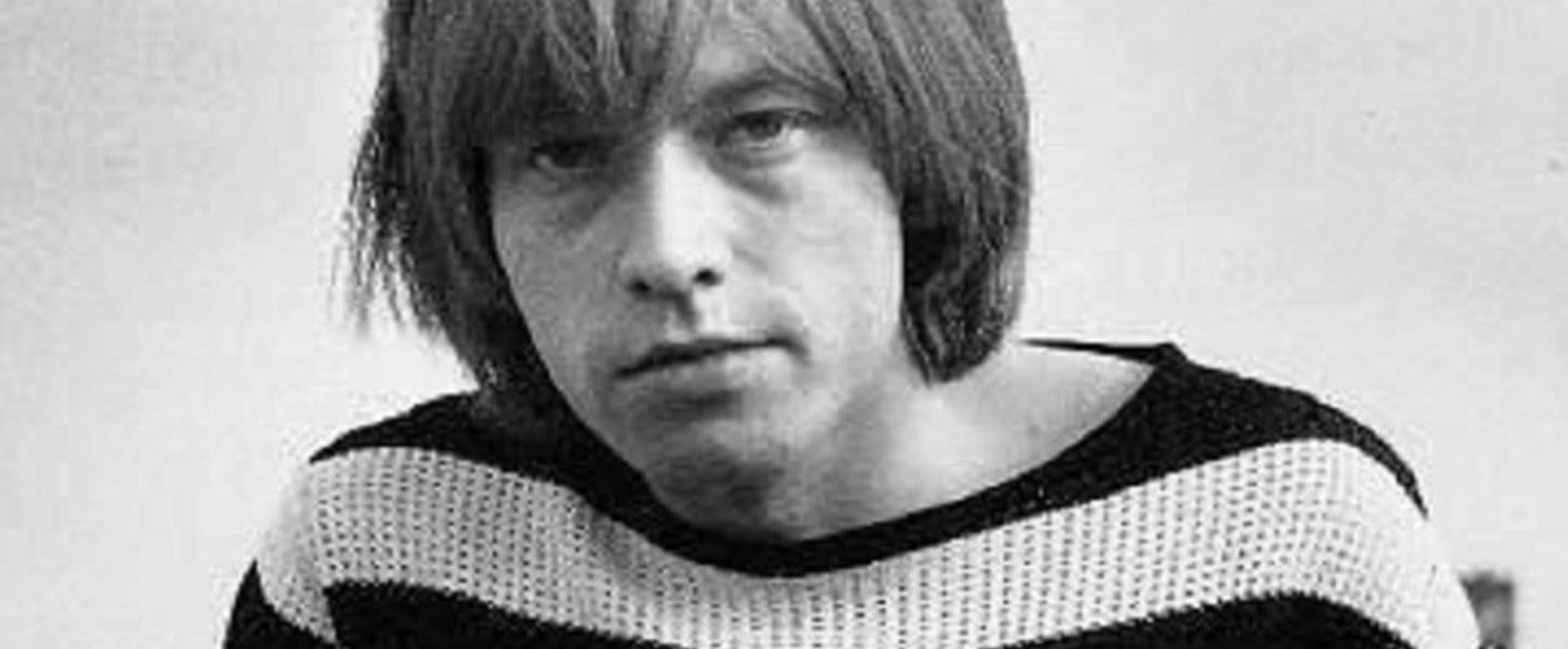In the summer of 1969, the Rolling Stones were in turmoil. Brian Jones, their founder, and original guitarist had been fired from the band two months earlier. Mick Jagger and Keith Richards struggled to keep the group together as they prepared to record their next album. Tragically, on July 3rd, Brian Jones was found dead at the bottom of his swimming pool. His death would rock the music world and change the course of the Rolling Stones forever.
How did Brian jones join the rolling stones? Rolling Stones Legend has it that in May of 1962, a young Brian Jones wandered around London’s Carnaby Street when he ran into an old school friend, Ian Stewart. Stewart told Jones about a new band he was playing in and invited him to come to see them play at the Marquee Club that evening. Jones was so impressed with the band that he asked to join, even though he didn’t know how to play the guitar. The Rolling Stones were born.
The Early Days Of Rock N’ Roll
Brian Jones was born in Cheltenham, England, on February 28th, 1942. He was a gifted musician from a young age, and by the time he was 15, he had already mastered the guitar, harmonica, and saxophone. In 1961, he formed the Rolling Stones with fellow musicians Mick Jagger, Keith Richards, Charlie Watts, and Bill Wyman. The band quickly became a sensation, and their debut album, “The Rolling Stones,” was released in 1964.
Jones was the driving force behind the Rolling Stones’ early sound. He was a gifted guitarist, and a master of blues slide guitar. His playing can be heard on classic songs like “Satisfaction” and “Paint It Black.” He was also a talented songwriter, co-writing the Stones’ hit “Lady Jane” with Richards. However, as the 1960s progressed, Jones’ behavior became increasingly erratic. He developed a serious drug problem and was frequently arrested for drug possession and public intoxication.

Breaking Apart
While Jones may not have been the best guitarist in the world, his charisma and style made him an essential part of the Rolling Stones’ image. He was also a talented musician, playing harmonica, sitar, and slide guitar on some of the band’s biggest hits. Over the years, Jones’ drug use became increasingly problematic, and his behavior grew more erratic. In 1969, after missing several recording sessions and tour dates, Jones was fired from the Rolling Stones. Less than a month later, he was dead.
Also Read: How Did Leonardo Da Vinci Die? Cause Of Death Revealed
How Did Brian Jones Die?
So how did Brian Jones die? The official cause of death was listed as “death by misadventure,” meaning that he accidentally drowned while under the influence of drugs and alcohol. However, there are many who believe that Jones was murdered.
There were several suspicious circumstances surrounding his death. First, Jones had been receiving death threats in the months leading up to his death. Second, he had been in poor health and was taking a variety of prescription drugs. Third, the night before his death, Jones was involved in a violent altercation with his girlfriend, Anita Pallenberg. And fourth, the Rolling Stones were scheduled to begin recording their next album just days after Jones died. Murdered or not, Brian Jones was one of the most talented and influential musicians of his generation. His death came as a shock to the music world, and the Rolling Stones would never be the same.

The Legacy Of Brian Jones Within The Rolling Stones
The Rolling Stones were one of the most successful bands of the 1960s, thanks in large part to Brian Jones. His unique style and charisma helped define the band’s image, and his musical talents made him an essential member of the group. After Jones was fired from the band in 1969, the Rolling Stones went on to achieve even greater success. However, his death cast a shadow over the band, and they would never be quite the same.
Today, the Rolling Stones are considered one of the greatest rock bands of all time. They have sold hundreds of millions of records and continue to tour and record new music. Brian Jones may be gone, but his legacy will live on forever. Thanks for the music, Brian. We’ll never forget you.
Also Read: Gene Kelly Passed Away Due To Heart Attack, The Celebrated ’50s Actor





